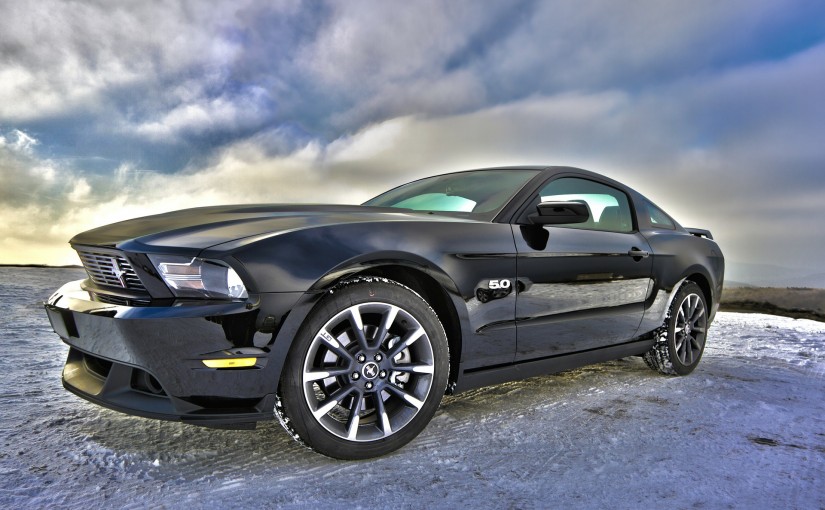Car leasing is a relatively new concept and has gained huge popularity in the United States, where one in every four cars is owned by personal leasing. But, it is becoming increasingly known, as the payment generation now becomes used to paying for items such as gym memberships, phone bills and insurance on a monthly basis. With modern car sales on the rise, and the buyer’s urge to stay current, many people are thinking of leasing as a great way to get a new car for less. But is car leasing actually the best method to finance your car?
Car leasing, also called Personal Contract Hire, is specifically where you rent a vehicle for some years at a fixed price, and return it to the leaser at the end of the contract.
Personal Contract Hire gives you stress-free motoring without any depreciation risks related to traditional ownership. Personal Contract Hire is an alternative to HP or PCP, which consists of the cost of the car fully, or the depreciation of the car. This is because with HP or PCP, you will own the car at the conclusion of the term of payments, but with PCH, you just hand the car back.
If you don’t want to give up the car at the end of the lease there are now options to purchase after the lease is up. If this may be an option you are considering, don’t hesitate to ask a car salesman how much the residual value of the vehicle will be after the lease. The residual value is a set price that will remain the same over the duration of the lease. Once the lease is up you will have the option to buy the car or simply give it back to the dealership.
Buying or leasing, which is better?
People are often divided on this topic. Here at Orlando Car Wash, it’s entirely up to your own preference and circumstances. For people who would like to drive a new car and also keep up with the newest models, leasing is likely more attractive to you, as you can replace your car every three years and monthly payments are much lower than they would be if you financed a vehicle. However, if you want the car to be yours, and are pleased to keep it for some time between changes, purchasing is probably the best alternative for you.
Let’s consider each of the pros and cons.
Buying Pros
· Increases equity
· Cost of insurance decrease over time
· You can use trade-in amount to purchase a new car
· Don’t have to be disturbed about mileage limits
· Ownership implies monthly payments will finally stop after the car’s cost has been paid
· Free to accessories/modify as you want
Leasing Pros
· Down payment is usually non-existent/low
· Many warranties last for 3 years (the normal period of a lease agreement)
· Monthly payments are lower when compared to loan payments
· Very easy to get than a loan even with your bad credit rating
· Costs of maintenance are low
· No depreciation worries
· You can be claimed it as a tax deduction in case you have a business
Buying Cons
· Maintenance costs will increase over time and can include costly repair bills
· Car depreciates in value quickly
· Monthly payments are initially higher than leasing
· Down payment can be large
· If buying a used car from a non-reputable dealer or buying privately, there can be uncertainty about a car’s history
Leasing Cons
· Rate of insurance higher to cover gap insurance
· For those whose leased cars consist of down payment, you’ll pay that cost each time you obtain a new lease
· Added fees as you exchange the old car for a new car
· Depreciation cost are often factored into the monthly payments, instead of remaining with the dealer
· Additional fees for damage are normal
· You will often get monthly payments
· Mileage can as well result in added costs
The listed pros and cons look a bit equal, as there are drawbacks and benefits to both options. We at Magic Suds, Orlando Car Wash found that in a short period of three years (the lease typical length), leasing was generally the cheapest option. But, spread over ten years, purchasing was significantly inexpensive, as you will reap the ownership’s benefits over a more prolonged length period
The question now is, are we to buy or not to buy?
We believe there’s no any clear-cut guideline as to which option is perfect, as there are benefits and setbacks to leasing and buying. Most of the option is down to your own preference.
But generally, if a car has a depreciation value that high, then you would be better off leasing, while if a car has a less depreciation value, then you’d be good buying and enjoying the benefits in future when you come to sell it.




